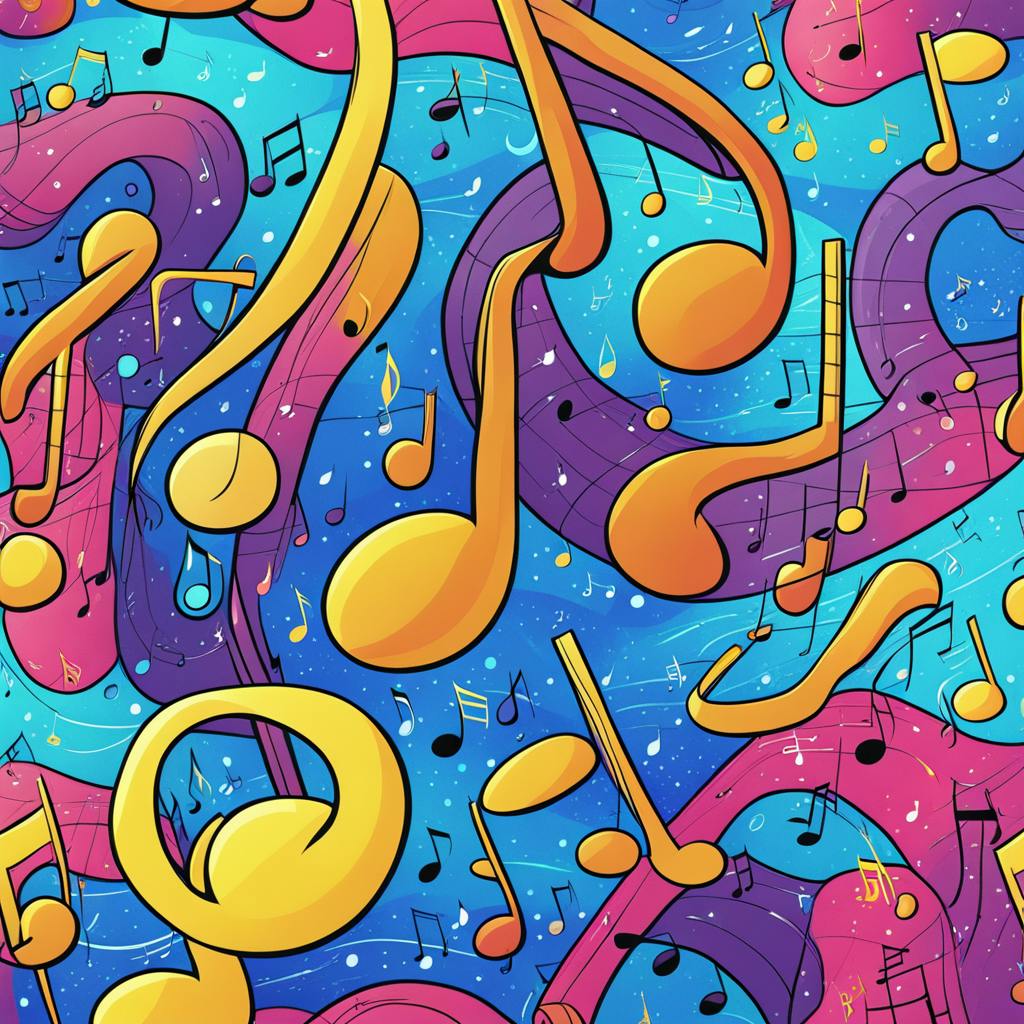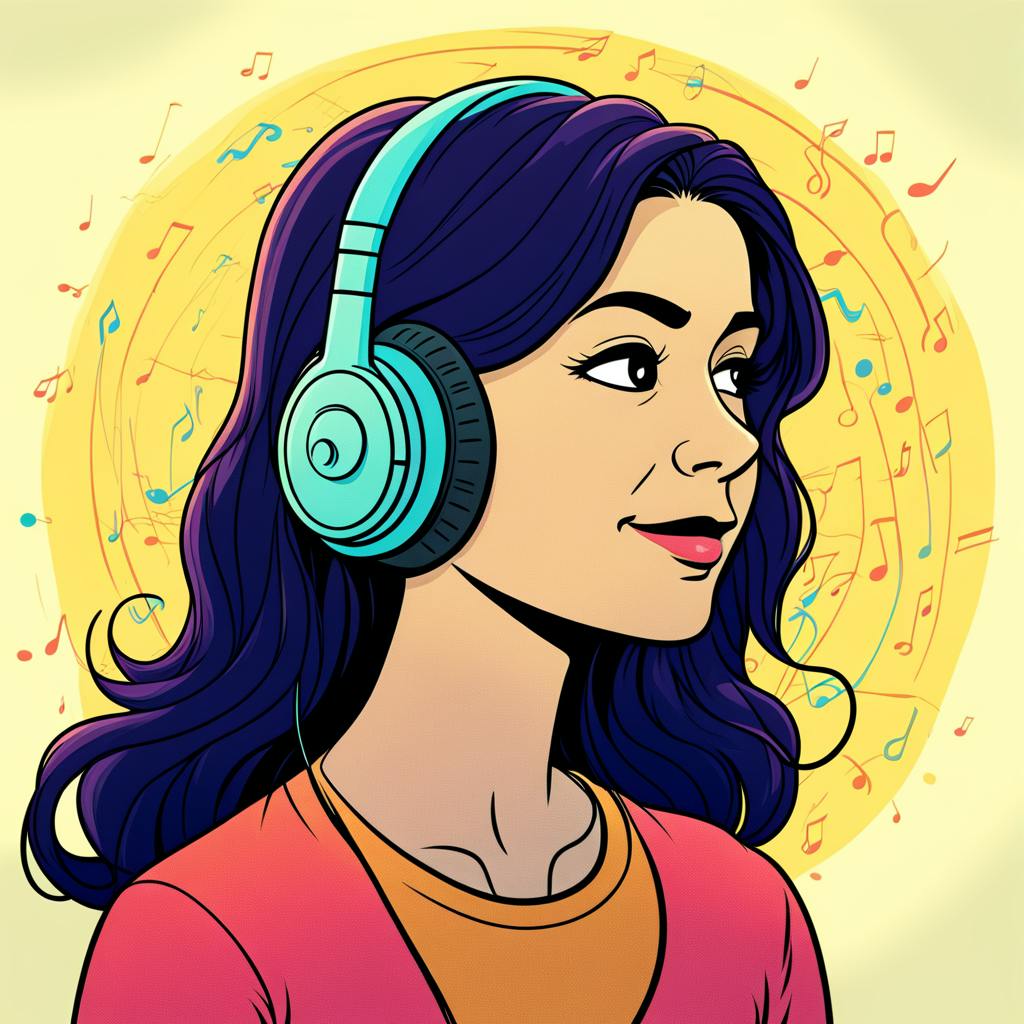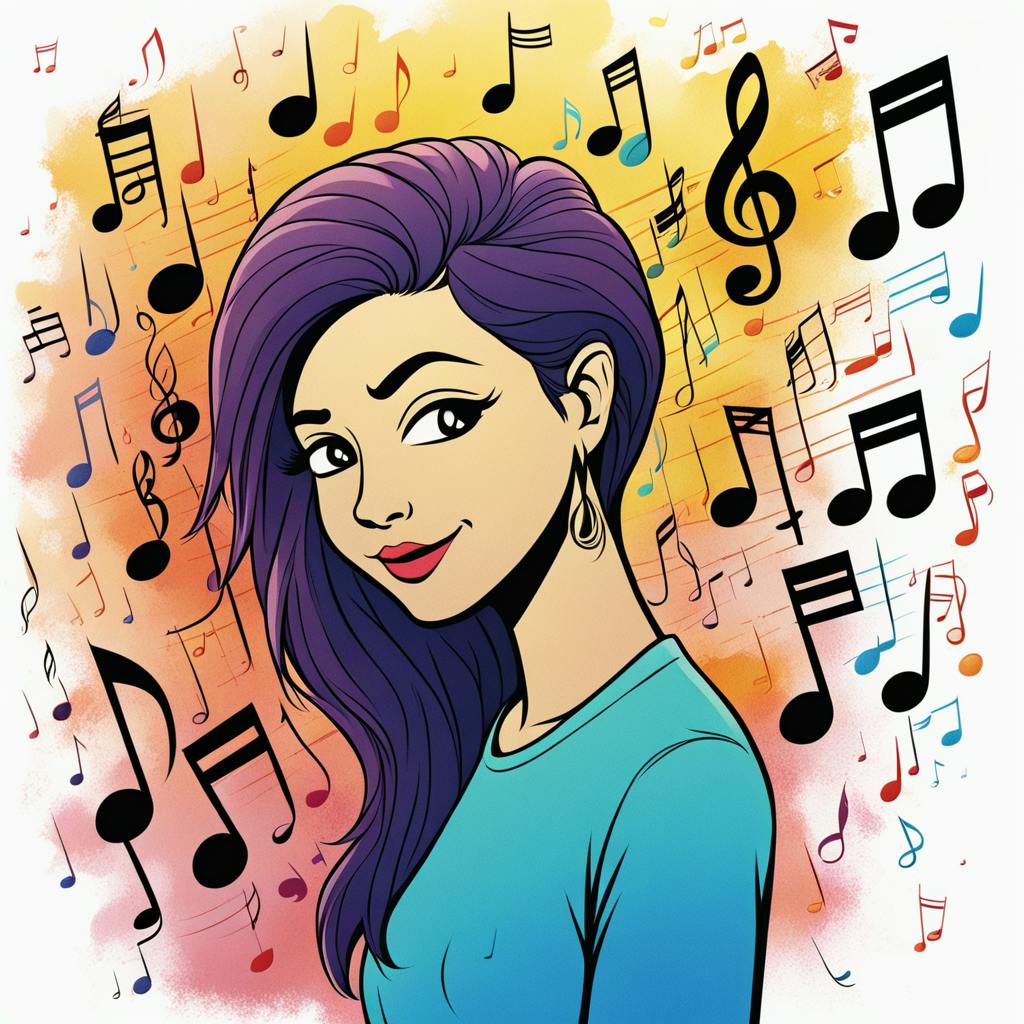In the rapidly evolving landscape of digital innovation, the advent of AI music generators stands as a formidable groundbreaking development, with the potential to reshape our understanding of creativity and sound composition. Harnessing the capabilities of artificial intelligence, these tools are not only composing melodies but are also challenging traditional boundaries of music creation, democratizing access for budding artists, seasoned composers, and hobbyists alike. As AI music generators become an integral aspect of modern music production, let’s delve into their impact, applications, and the opportunities they present.
The Power and Potential of AI Music Generators
AI music generators use sophisticated algorithms and deep learning to create novel musical pieces. Their primary strength is the ability to analyze massive datasets of existing compositions—from classical symphonies to contemporary pop hits—and generate original compositions inspired by these works. This technology has opened a plethora of opportunities:
- Increased Access and Inclusivity: AI music generators lower the barrier of entry into music creation for those without formal training. Anyone with a computer and an internet connection can now partake in the creative process.
- Time Efficiency: For composers working under tight deadlines, AI music generators offer an efficient way to draft compositions, experiment with variations, or even produce final tracks at an accelerated pace.
- Endless Creative Inspiration: Artists are no longer constrained by the boundaries of their own musical knowledge. AI can suggest surprising and novel alterations to music, sparking new creative directions that might not have been conceived by human imagination alone.
Frequently Asked Questions About AI Music Generators
How Do AI Music Generators Work?
AI music generators typically employ neural networks trained on various datasets of music to learn the fundamental components of musical structure—melody, harmony, rhythm, and form. By understanding patterns across different styles and genres, these generators can create unique compositions that range from imitating familiar styles to innovating entirely new ones.
Are AI Music Compositions Copyrightable?
The question of who holds the rights to AI-generated music is complex and currently evolving. Generally, copyright laws require human authorship, but this landscape is rapidly changing as AI tools become more advanced. Musicians using AI music generators should stay informed about the latest legal developments in this area.

AI made with Samby Sayward
Can AI Replace Human Musicians?
While AI music generators are powerful tools, they are not likely to replace human musicians in totality. The human touch offers emotional depth, intentionality, and nuance that AI simply cannot replicate. Instead of replacement, AI serves as an assistant—augmenting human creativity and expanding the tools available to artists.
Challenges and Ethical Considerations
Despite their promise, AI music generators also present challenges and ethical questions. Concerns about originality, the potential homogenization of music, and the accountability of AI-generated content pose significant risks and require careful consideration by creators and audiences alike. Ensuring transparency in AI processes and establishing guidelines for ethical use are essential steps moving forward.
FAQ: AI Music Generators
How does an AI music generator work to unleash creativity?
AI music generators use sophisticated algorithms and machine learning models to create musical compositions. These systems are trained on large datasets of existing music across various genres and styles. By understanding patterns, structures, and styles within this data, AI can generate new compositions that are often indistinguishable from human-created music. Here's how they work to unleash creativity:
- Pattern Recognition and Analysis: AI models analyze musical patterns, including chord progressions, rhythms, melodies, and harmonies. This analysis allows them to understand the underlying principles of music creation.
- Style Transfer and Adaptation: AI can mimic specific styles or create hybrids of different musical genres. Musicians can experiment by feeding the AI specific artists' styles, enabling customized outputs that resonate with particular vibes or moods.
- Iterative Creation: Using techniques like Generative Adversarial Networks (GANs) or Recurrent Neural Networks (RNNs), AI can generate versions of music pieces and iteratively improve them based on feedback loops or user input.
- Collaboration with Artists: AI tools can serve as creative partners for musicians. Artists can input initial themes or motifs, and the AI expands on them, offering variations and novel ideas that might not have been considered otherwise.
What is the impact of AI music generators on the music industry?
AI music generators are having a profound impact on the music industry in several ways:
- Increased Productivity: AI music generators significantly reduce the time required to compose and produce music, allowing artists and producers to rapidly prototype ideas and focus on refining the most promising ones.
- Accessibility: Emerging musicians with limited resources can leverage AI tools to create professional-quality music without access to expensive instruments, studio time, or seasoned producers, democratizing the music creation process.
- New Genres and Sounds: AI fosters innovation by exploring unconventional combinations of styles and sounds, leading to the emergence of new genres that were previously unimaginable.
- Commercial Use: Marketers and advertisers increasingly use AI-generated music for commercials, videos, and other media as a cost-effective alternative to licensing existing music or hiring composers.
- Job Market Dynamics: While AI could potentially automate certain tasks traditionally performed by humans, such as composition or music analysis, it also creates new jobs related to AI system design, music data analysis, and creative direction involving AI technology.

AI made with Samby Sayward
How revolutionary are AI music generators in the field of music creation?
AI music generators represent a revolutionary development in the field of music creation in the following ways:
- Breaking Traditional Boundaries: AI pushes the boundaries of what is creatively possible by offering new techniques and approaches to music composition that go beyond human intuition alone.
- Augmented Creativity: Just as digital tools transformed graphic design, AI revolutionizes music creation by augmenting human creativity, providing 'out of the box' ideas that expand a musician’s creative palette.
- Continuous Learning and Improvement: AI systems improve over time as they are exposed to more data and feedback, increasingly moving towards creating music that feels human-like in its emotional depth and complexity.
- Shift in Creative Roles: The role of the musician is evolving from solely creating music to curating and guiding AI-generated outputs, focusing more on high-level creative vision and expression.
What is the role of AI in transforming the traditional music generation process?
AI plays a transformative role in the traditional music generation process by:
- Automating Routine Tasks: Tasks such as beat-making, lyric generation, and loop creation can be automated, freeing musicians to concentrate on more nuanced aspects of music creation like storytelling and emotional expression.
- Providing Instant Feedback: AI systems offer immediate feedback on compositions, allowing creators to iterate swiftly, refine their work, and experiment without the lag associated with traditional methods.
- Personalization and Customization: AI tools can tailor music to specific tastes and requirements, crafting personalized playlists or soundtracks that match listeners' preferences or dynamic criteria like mood or context.
- Enhancing Music Education: AI tools can serve as instructional aids, providing personalized learning experiences, helping music students experiment, understand complex music theories, and improving their skills through hands-on interaction.
In conclusion, AI music generators are not just tools but collaborators that empower and inspire artists and creators, fundamentally reshaping the music creation landscape. As these technologies continue to evolve, they will likely redefine our relationship with music in innovative and exciting ways.

